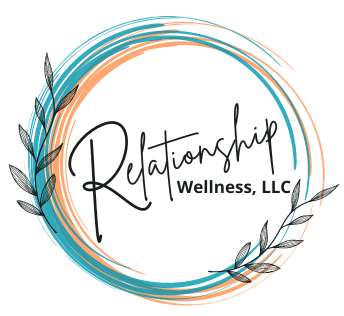How Couples Counseling Can Make You More Discouraged
Many of us well-trained professional counselors specialize in relationship therapy. But the general public may not know how couples counseling can make you more discouraged. It’s important to know the factors that get in the way of improving relationships.
Couples Counseling Means the Relationship is the Client
When a couple comes in for counseling, their relationship is my client. Even though they are two individuals, the focus is the well-being of their marriage.
There can be successful outcomes for couples counseling. And both of them need attitudes of curiosity about themselves and their partner. This is tough. It’s human nature to believe our spouse is the one who needs help. Yet, we all have blind spots that our spouse sees. And we all have quirks and flaws built into our personalities. For clarity, here are questions to ask:
- “What it’s like for my spouse to be in a relationship with me?”
- “Am I willing to change my part of the relationship pattern?”
- “Am I willing to learn from my past mistakes?”
- “Is my motive for counseling driven by improving my partner or myself?”
Couples Counseling Can Make It Worse
In some cases, couples counseling is not appropriate. Here are questions to ask.
- “Is drug or alcohol abuse an ongoing issue?”
- “Is there a sexual or emotional affair currently going on?”
- “Are you a victim or perpetrator of domestic violence?”
- “Are physical or verbal fights situational? Or does it characterize the relationship?”
Certain behaviors and attitudes are our “normal.” But it’s still destructive. We may not have discernment about issues of emotional and verbal abuse. For couples counseling to be effective, the well-being of each spouse must be honored. If it can’t, it’s time for individual therapy.
When Couples Counseling Is Not Appropriate
First of all, if couples counseling is not appropriate, DO pursue individual therapy. Secondly, it may be appropriate to come back to the couples therapist when both spouses can respect each other. They’re able to partner with common intentions.
For couples counseling to be effective, the well-being of each spouse must be honored. Share on XMany couples’ therapists can be fooled by the most clever and charming of spouses who abuse. I don’t like labeling individuals as “abusers” or any other derogatory term. And unfortunately, therapists can inadvertently harm the bullied spouse if they lack additional training. And we’re all human. So even therapists’ marriages can have similar issues.
The power/control issues of emotional abuse are ingrained in our society. It’s vital for therapists to have acute self-awareness. They hold power in the counseling office that can repeat what victims experience at home. Too many in our field have unknowingly caused harm by lack of awareness.
Questions to Ask Yourself About Couples Counseling
- “Are you concerned about your emotional well-being?”
- “Do you see yourself as a victim in your relationship?”
- “Are you fearful of your spouse?”
A more difficult issue to assess is emotional or verbal abuse. And it’s important that each spouse is honored through couples work.
If your well-being is at stake, then it’s vital for you to get help apart from the relationship. Share on X
I’m not suggesting that we perceive one partner in a marriage as the victim and the other as the villain. Both individuals can be willing and teachable to overcome the power/control dynamic. If not, individual counseling will give a sense of clarity.
Start with taking the Relationship Stress Quiz. Find out if couples or individual therapy is best for now.
Photo by Yoann Boyer on Unsplash



